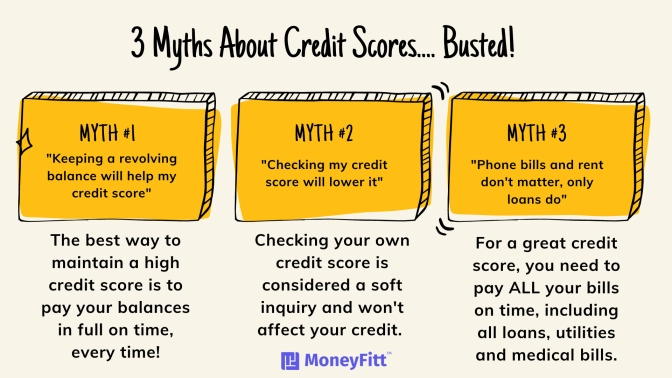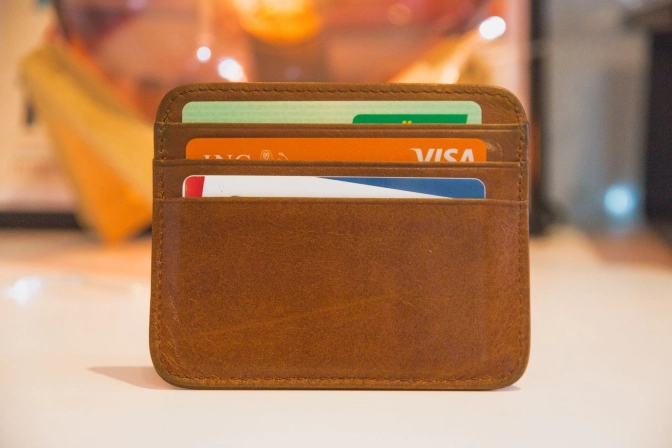What a Credit Score Is and How It Could Impact Your Life
The level of and changes in your credit score can have a surprising impact on your everyday life
- A credit score is a tool often used in deciding how likely it is that you'll pay the lender back as agreed.
- A good credit score puts you in a position to be offered the following: lower interest rates, credit cards, personal, business, student and other loans. Also, it may increase your employability!
- To get and maintain a good credit score, focus on paying bills on time, not applying for credit too often, having a low (ideally zero) utilisation rate, and a desirable average length of credit history.
What Is Your Credit Score?
In short, your credit score is quite a big deal. It can open many doors for you, whether it’s buying a house, financing a car, or applying for a new credit card. For instance, if you’re hoping to secure your first property, you may need a loan to finance it. When you apply for the loan (credit), your potential lender will evaluate how big a risk you pose as a borrower (i.e. the likelihood of being late with repayments or not paying them back). The lender will run a credit check on you as part of their assessment.
A credit score is a tool often used in deciding how likely it is that you'll pay the lender back as agreed. The methods and criteria behind the scoring tend to be secretive, as no company wishes to disclose the exact algorithms they use to competitors. What we know is that the higher your score, the better!
Changes to your score can have a big impact on your life. A good credit score indicates that you are paying your bills on time and likely to pay lenders back. As a result, you can benefit from lower-than-average interest rates, approval for credit cards, as well as personal, business, or student loans. Over the years, this could save you thousands of dollars. However, a poor credit score will mean your credit options are limited and more expensive.
Credit Reports and Worthiness

Your credit report is different from your credit score. A credit report is a statement with detailed information about a person's finances, including credit activity, loan repayment history and the status of all credit accounts. A credit score is calculated from the data in that report.
The impact of your credit report can go beyond financial implications. Your credit report can also impact your level of employability, which may come as a surprise. Businesses are increasingly likely to use your credit report as a judgement of how responsible you are. A bad credit report indicates that you could be irresponsible.

Credit bureaus create credit reports and receive information from their members, storing information such as:
- Basic personal information
- Credit check history (i.e. from potential lenders)
- Credit card applications
- Credit repayment records, including late payments on credit cards
- Bankruptcy records, which are removable if debts are repaid. Otherwise, records are disclosed for 5 years from the date of discharge
- Default records
WHAT IS A CREDIT SCORE? COMPLETED. ✅
Sources:
- https://www.moneysense.gov.sg/articles/2018/11/credit-reports-and-creditworthiness
- https://www.self.inc/blog/5-components-of-a-credit-score
- https://www.experian.com/blogs/ask-experian/credit-education/score-basics/
- https://www.myfico.com/credit-education/whats-in-your-credit-score
- Header photo from Unsplash
